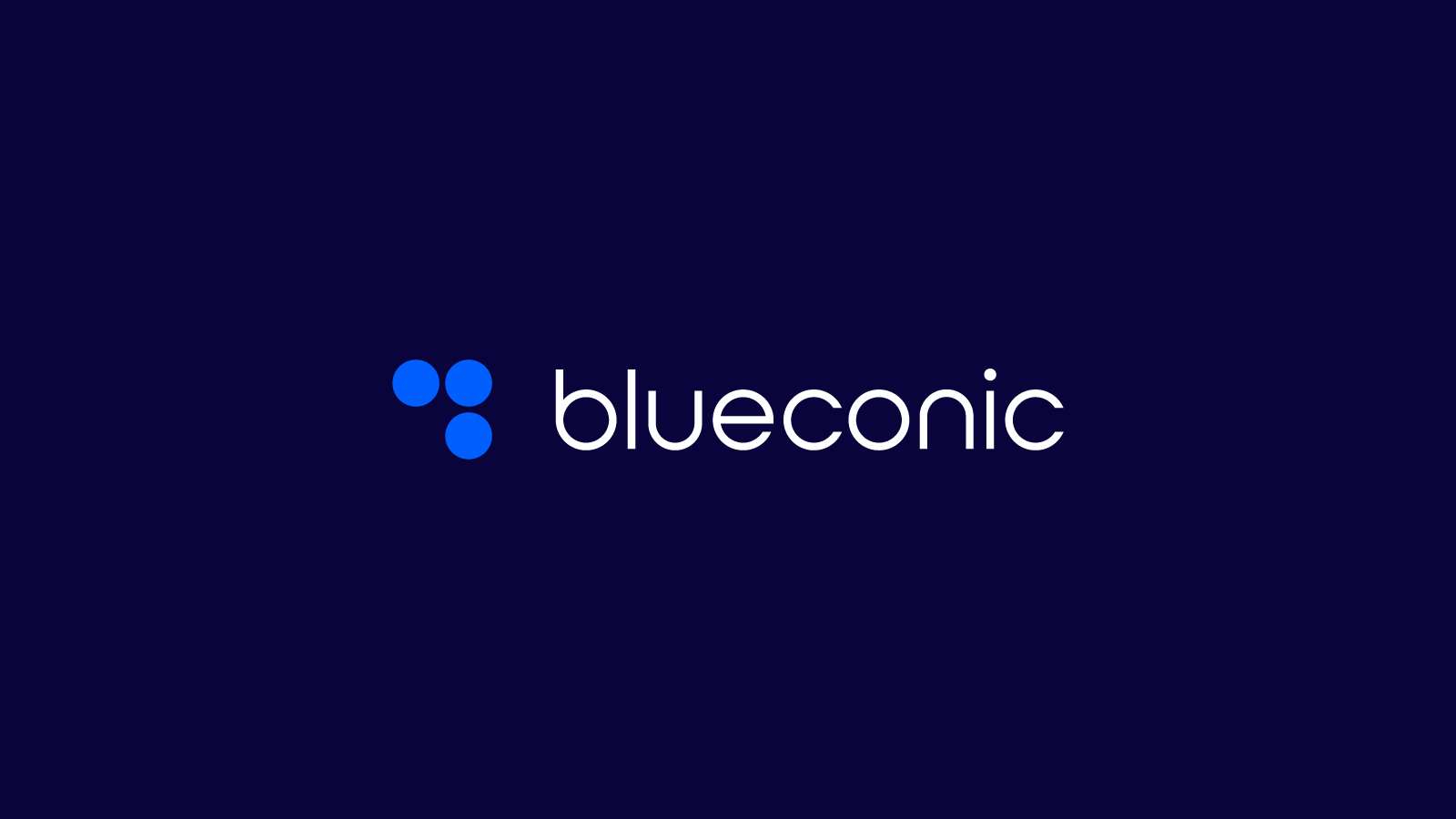Much has been bandied about the implications of artificial intelligence (AI). Experts have expressed both deep concerns about its potential impact on society, as well as the significant benefits it could have on science, healthcare, and education. In fact, AI is already disrupting virtually every business process in every industry, from aggregating data to writing copy or entire articles itself.
Media and publishing companies are no different. Thanks to its ability to analyze large amounts of data quickly and accurately, AI technology can help with tasks like editing, formatting, and even content creation, enabling publishing companies to improve their workflow, reduce costs, and boost productivity.
Much of the discourse on AI has been dominated by folks breathlessly arguing if AI will save or end the world. Practical conversation is limited to “Top 10” lists describing hacks for ChatGPT or Firefly. Beneath the surface, a more pressing AI threat is emerging for publishers.
A New Internet is Coming
Publishers have long grappled with the challenges posed by the internet. As print circulation declined and tech giants took over a substantial portion of advertising revenue, many publishers found themselves in a constant battle to adapt and stay relevant.
Now, AI is set to reshape how users find information on the internet. Traditional search engines, like Google, have long been the go-to platforms for users seeking answers to their queries. There’s even an acronym for it: DJGI (Dude, just Google it.)
However, the advent of generative AI technologies like ChatGPT has created a new paradigm where users can directly ask AI models questions and receive answers without having to sift through a list of search results. This shift from the traditional search model to generative search will have significant implications for both search engines and publishing companies alike.
The Downstream Effects for Publishers
Historically, search engines like Google have operated on an advertising-driven business model, whereby organic search results are often accompanied by paid sponsored ads. Publishers either have to pay to ensure their content and website are displayed prominently within Google’s search results, or optimize their content for search engine optimization (SEO), ensuring the right keywords, page format, and loading speed to rank higher in search results. This latter approach requires adherence to standardized rules and practices defined by search engines to increase visibility.
However, generative search powered by AI eliminates the need for search engine optimization by directly providing users with answers instead of a list of potential sources. Rather than clicking through to a website, users can get comprehensive answers without ever leaving the search engine's platform. This shift represents a fundamental threat to publishing companies that heavily rely on SEO to drive traffic to their websites. What happens to their business when the flow of SEO-generated traffic runs dry?
Contextual Killer?
Generative AI in search does more than suppress traffic - it could effectively handicap contextual targeting as well. With Apple and Safari doing away with third-party cookies, some publishers chose to move away from behavioral tracking entirely and instead focus on contextual targeting - placing ads next to relevant content. For many publishers, this was “high-intent” content where a reader was looking for this content in the middle of a larger consumer journey, like a list of top 10 credits cards for travel rewards because they’re looking to get a new credit card, or ways to make sourdough bread at home because they want to bake that weekend.
This model makes a ton of sense in the new “cookieless” future - provided publishers can get that high-intent traffic to their content in the first place. If the search engine can provide an answer to a question within itself and never direct that traffic to the publisher’s article, readers never see the advertising, and publishers lose out on yet another monetization path.
Make Hay While the Sun Still Shines
The rise of generative AI search has spurred search engine giants like Google and Microsoft's Bing to consider pivoting their approaches. Both are exploring the development of AI-powered models like Google Bard and Microsoft’s new Bing with ChatGPT that provide direct answers to user queries. The question remains whether these new models will incorporate advertising or adopt a cleaner, ad-free approach like ChatGPT.
So, like it or not, change is coming. Search engines like Google and Bing are driven by innovation and shareholder interests, and their strategies may not align with the long-term success of individual publishing websites. While the complete transition to AI-driven search will not happen overnight, the rapid advancement of AI technology means publishers need to act now by building direct relationships with readers and leveraging first-party data to create unique experiences that keep them coming back to their site for more.
For instance, tactics like email newsletters, exclusive content or memberships, surveys, loyalty and rewards programs, and online communities can help publishers attract visitors while collecting valuable first-party data at the same time. By analyzing this data, publishers can personalize content and recommendations based on individual preferences, creating a unique and relevant experience for each audience member. This approach will benefit any advertising strategy (contextual, behavioral, etc.) and ensure that companies can still put the right content in front of their readers and generate additional direct traffic to their websites.
This is also where modern data technology, like a customer data platform (CDP), can play a crucial role. A CDP simplifies the collection, analysis, and utilization of consented first-party data to personalize content and deliver tailored experiences in real time based on reader interests, preferences, and behaviors. While a CDP may not directly drive traffic to a publisher's website, it ensures that visitors have the best possible experience once they arrive. With the “scale at any cost” era ending, the platforms are turning off the flow of traffic. It's imperative that publishers deliver great experience to their audience and give them a reason to come back.
Conclusion
AI-powered generative search is poised to disrupt the traditional search model, posing a threat to publishers that are heavily reliant on SEO for website traffic. As search engines like Google and Bing pivot to AI-driven models, publishers must adapt by building direct reader relationships and leveraging first-party data to provide unique value to their audience. The time to act is now.
Check out our webinar with The Rebooting’s Brian Morrissey and A Media Operator’s Jacob Donnelly to learn more about how AI-driven search will change the way publishers create and monetize their content and what publishers can do to future-proof their businesses.






